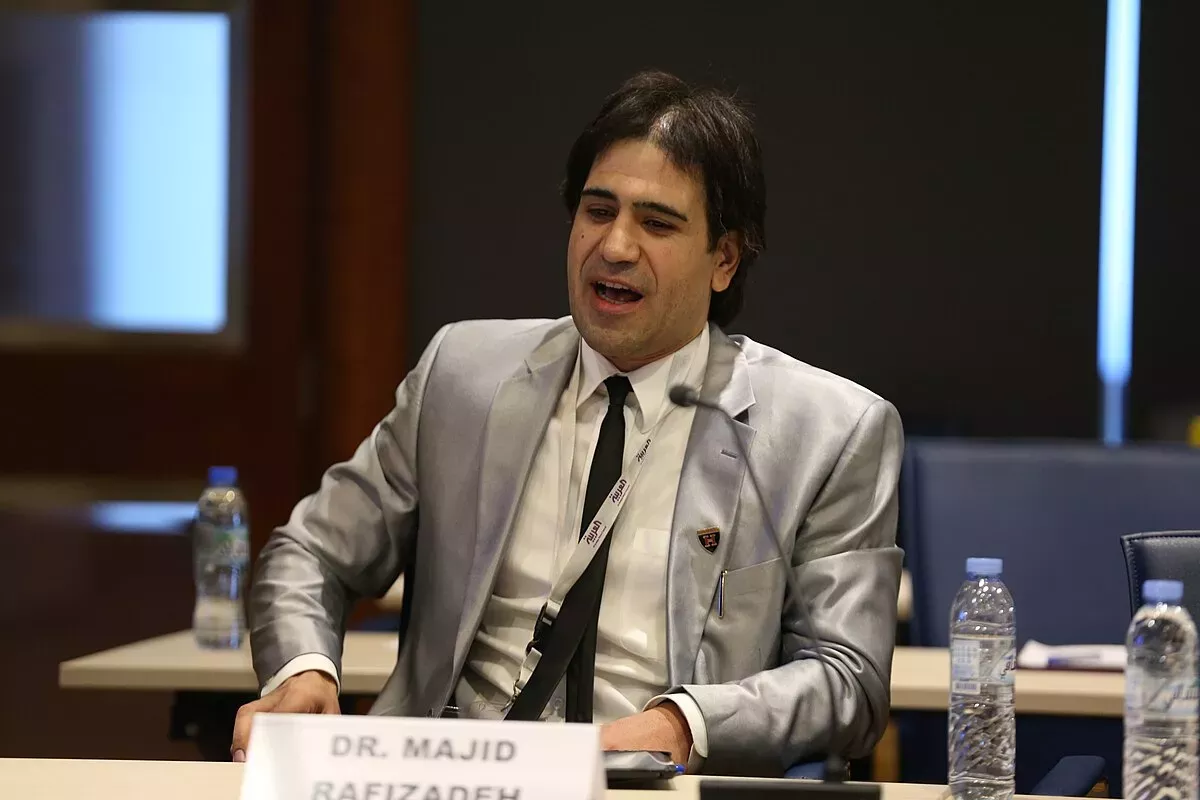Patriot missiles on hold: US shifts focus amid tensions with Iran Ceasefire or countdown?
Why have the United States stopped supplying missiles for the Patriot air defense systems to Ukraine? There may be several reasons, but one stands out as particularly important. I do not rule out that a new round of war is looming in the Middle East. Iran will be bombed again, and it will respond by launching ballistic missiles at Israel (and possibly at American military bases). This means Israel and the U.S. will need to intercept ballistic missiles. Patriot missiles, which serve precisely this purpose, are expensive and their stock is indeed limited. Trump wants to arm Benjamin Netanyahu.
The actions of the U.S. indicate a high likelihood of a new round of war between the American-Israeli coalition and Iran.
Let us also recall several other circumstances that point to a high probability of a new escalation.

First, Trump demands that Iran stop uranium enrichment and fundamentally abandon any further work in this direction. Iran, through its representatives, has already responded several times after the end of the 12-day war, stating that it will not agree to this. Of course, anything is possible, and theoretically Tehran could still back down on this issue. Not to mention that Iran’s nuclear industry has at least suffered serious damage and has been set back by months, possibly even years. They might have agreed to Trump’s demand since perhaps not much remains of their nuclear program. But they do not agree. Most likely because they see it as surrender under enemy pressure, reasonably believing that it would demonstrate Iran’s weakness and thus trigger new demands and threats from their adversaries.
The fact is that Iranian representatives publicly refuse even to discuss halting uranium enrichment. This alone makes a new round of war almost inevitable. It is hard to imagine that after the large-scale and relatively successful strikes by Israel and the U.S. against Iran, Trump would suddenly back down from his main demand. Since Iran shows persistence — what would make the U.S. give up new attacks? Most likely, Trump will again give Israel the “green light” to bomb Iran. This could happen within weeks or months.
Secondly, the Israeli publication Maariv reported, citing high-ranking officials, that Israel is aiming for total control of the skies over the Middle East. The Israel Defense Forces (IDF) wants to achieve “open skies” for its aircraft, expand its strike range, destroy the infrastructure of its main opponents, and ultimately carry out targeted eliminations anywhere at any time. In this way, the Israeli authorities are setting their own rules in the region.
Maariv’s sources also informed the outlet that Israel will henceforth treat Iran in the same way it currently treats Lebanon, Syria, as well as Gaza and the West Bank. In other words, Israel intends to carry out periodic strikes on Iranian territory with the aim of weakening — and ideally destroying — Iran’s political system. This is exactly the military policy Israel has pursued in all the above-mentioned regions. For example, Israel has bombed Syria for many years, targeting air defense systems and military bases of the Bashar al-Assad regime, as well as bases and depots belonging to its key military ally — the pro-Iranian militia Hezbollah (active both in Lebanon and Syria). Eventually, these pillars cracked and ultimately collapsed under attacks by armed opposition forces, which entered the country’s capital, Damascus, on 8 December 2024.
The ceasefire should not mislead anyone, especially since Israel does not even hide its intentions. Majid Rafizadeh — a political analyst specializing in U.S. foreign policy and Middle Eastern countries — points out the following circumstances.

During the war, many believed that Israel would take advantage of its clear superiority and continue launching strikes. However, contrary to this expectation, Israel agreed to a ceasefire. Yes, it did so under pressure from Trump, who believed that after the strikes, Iran would accept American conditions. But in any case, this tactic is typical for Israel. A look at the history of Israel’s military conflicts, notes Rafizadeh, shows that temporary ceasefires are a consistent feature of its strategy.
During wars with Hezbollah in Lebanon or operations against Hamas in Gaza, ceasefires were agreed upon at key moments. But these pauses rarely led to a final resolution of the conflict. Instead, they served several purposes. The pauses provided a respite for the Israeli population (which was suffering from rocket attacks), allowed the IDF to assess the situation and analyse the temporary results of military actions. These breaks also gave political leaders time to manoeuvre amid shifting diplomatic and military circumstances.
In this context, the current ceasefire with Iran should not come as a surprise. It may be a tactical pause, which is quite typical of IDF methods. And, of course, it is important for Israel to replenish its arsenals—especially its stock of anti-missile weapons. This brings us back to where we started: the U.S. and Israel are building up their Patriot missile supplies, which in itself is a clear marker pointing to the approach of a new phase in the Iran-Israel conflict.








